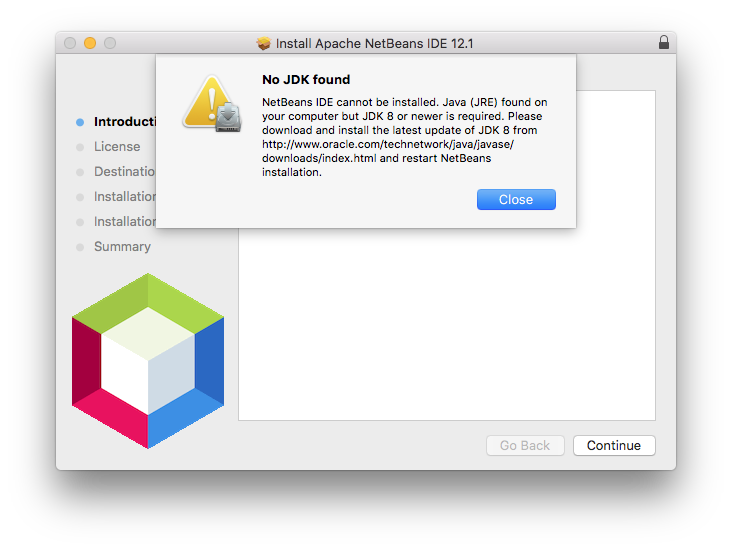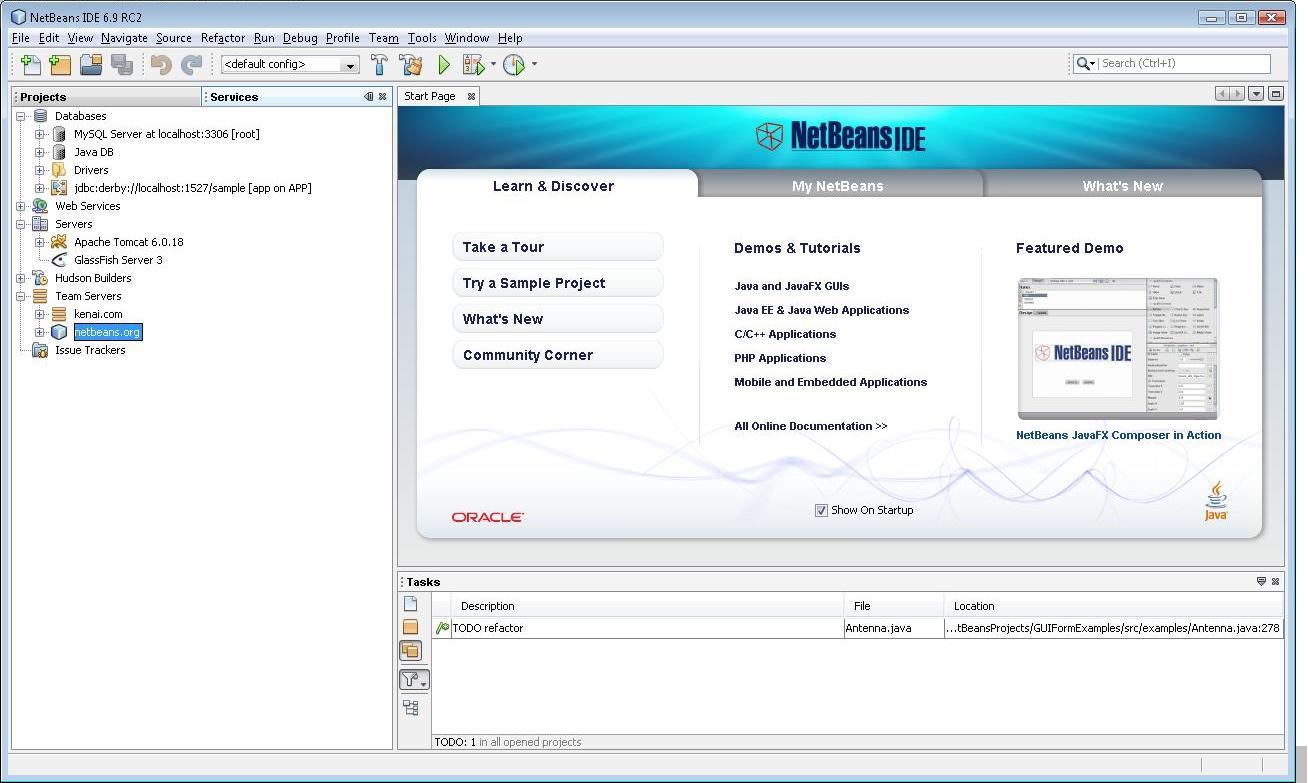


We are also thankful to see contributions from smaller organizations such as Bellsoft, and Loongson, as well as independent developers who collectively contributed 7% of the fixes in Java 20. Oracle would like to thank the developers working for organizations including Alibaba, Amazon, ARM, Google, Huawei, IBM, Intel, ISCAS, Red Hat, SAP, and Tencent for their notable contributions. In Java 20, of the 2,314 JIRA issues marked as fixed, 1,595 were completed by Oracle, while 719 were contributed by other members of the Java community. Going through the issues and collating the organization data from assignees results in the following chart of organizations sponsoring the development of contributions in Java:

Of the 21,604 JIRA issues marked as fixed in Java 11 through Java 20 at the time of their GA, 15,420 were completed by people working for Oracle while 6,184 were contributed by individual developers and developers working for other organizations. Each change is represented in a single commit for a single issue in the JDK Bug System. The changes range from significant new features to small enhancements to routine maintenance, bug fixes, and documentation improvements. Instead of making tens of thousands of fixes and delivering close to one hundred JEPs (JDK Enhancement Proposals) every few years, as we did with yesteryear Major Releases, enhancements are delivered in leaner Feature Releases on a more manageable, predictable, six-month schedule.

The rate of change over time in the JDK releases has remained largely constant for years, but under the six-month cadence the pace at which production-ready features and improvements are delivered has sharply increased. Oracle announced plans to shorten the time between LTS releases, from three years to two years, so JDK 21 (September 2023) is planned to be the next LTS.Īs we did with previous releases, with Java 20 we celebrate the contributions of many individuals and organizations in the OpenJDK Community - we all build Java, together! Oracle JDK 17 ( released on September 14, 2021) is the most recent LTS release of Java. Oracle JDK 20 is not a long-term support (LTS) release, therefore it will receive updates only until it is superseded in six months by JDK 21. Oracle now offers JDK 20 for developers, end-users, and enterprises. Java’s ability to boost performance, stability, and security continues to make it the world’s most popular programming language. This level of predictability allows developers to easily manage their adoption of innovation thanks to a steady stream of expected improvements. This release is the 11 th Feature Release delivered on time through the six-month release cadence. So when you want to change the JDK you change only the JAVA_HOME variable and leave PATH as it is.Oracle is proud to announce the general availability of JDK 20. Note: You can also point JAVA_HOME to the folder of your JDK installations and then set the PATH variable to %JAVA_HOME%\bin. If you want to uninstall - just undo the above steps. To see if it worked, open up the Command Prompt and type java -version and see if it prints your newly installed JDK.
#Javasoft.comdk netbeans 8 zip file#
You may need Administrator privileges to extract the zip file to this location. C:\Program Files\Java\ and it will create a jdk-11 folder (where the bin folder is a direct sub-folder).


 0 kommentar(er)
0 kommentar(er)
